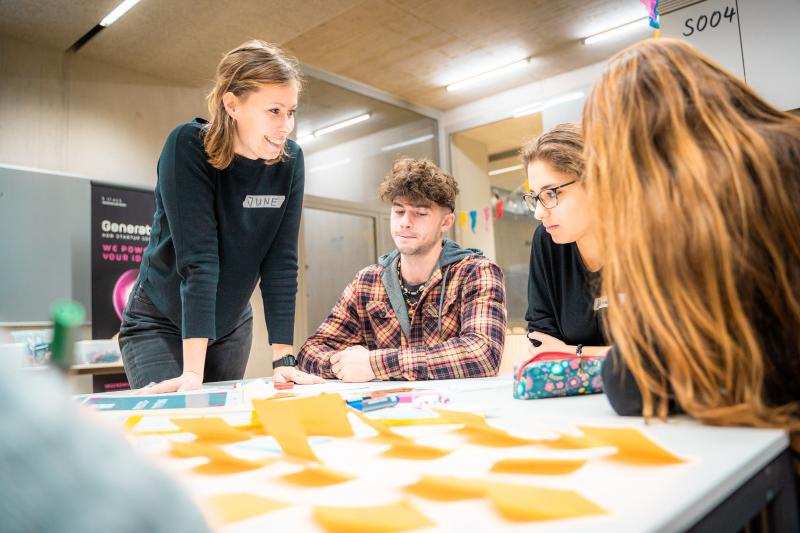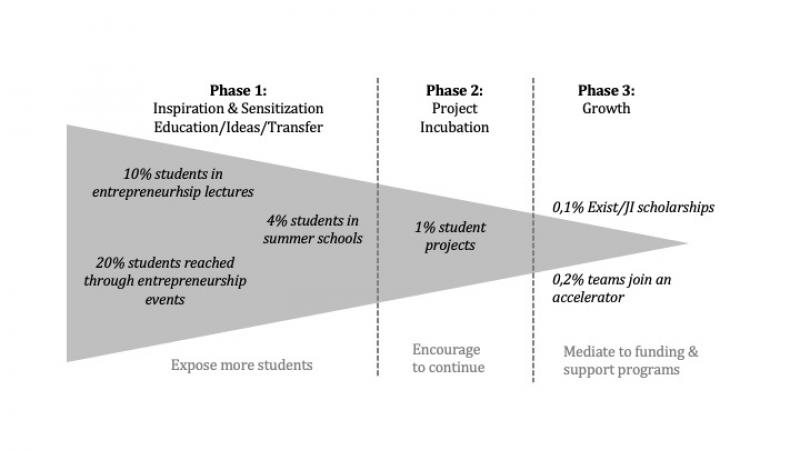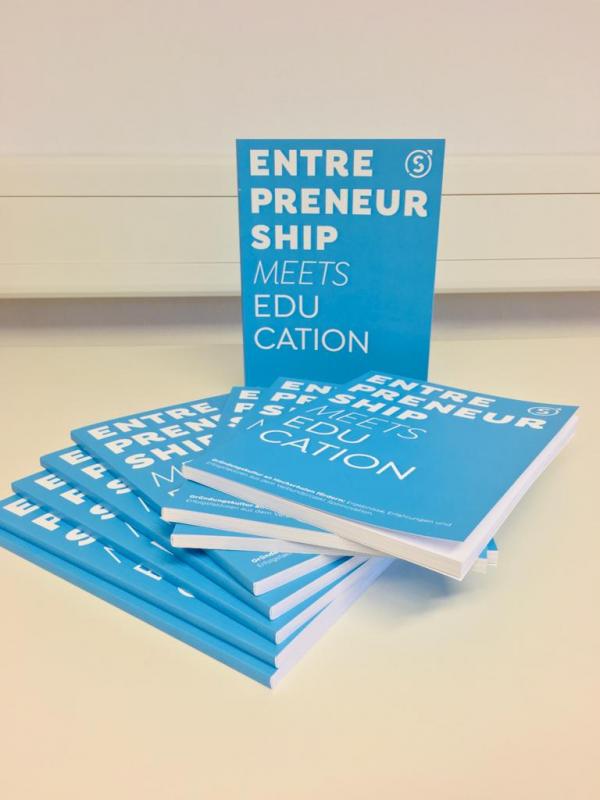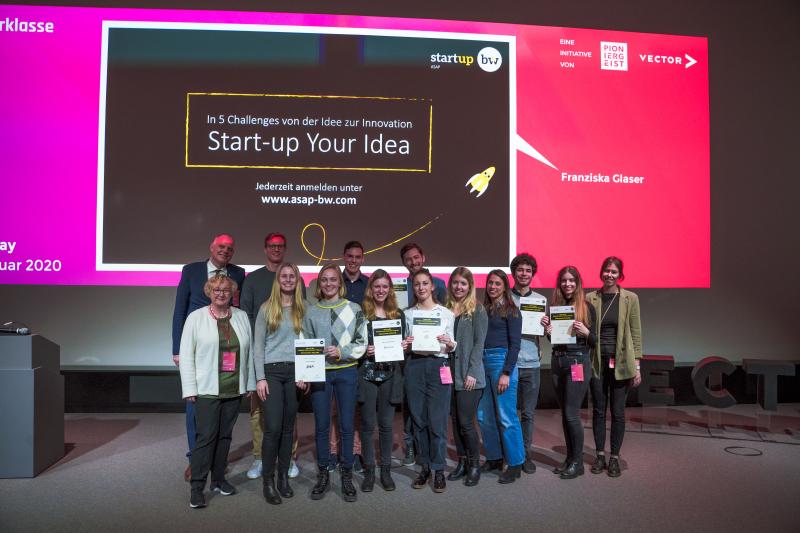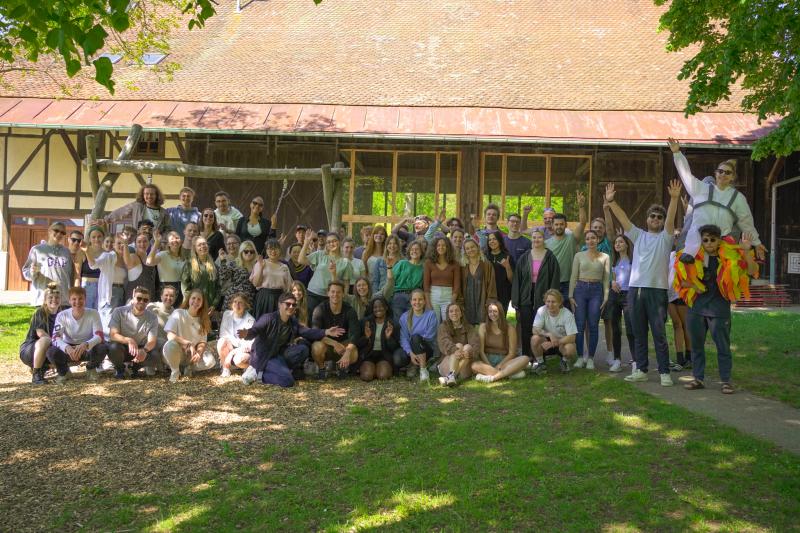Promoting entrepreneurship is not a single point of contact, but a funnel. HdM’s mission is to bring about a change in mindset towards entrepreneurship and innovation among all its students. It sees itself and all universities as the breeding ground for creativity, innovation and connections. Educators can have an immense impact and shape their students` future careers. Promising guidelines:
1. Expose everyone
2. Make classes available to every student
3. Encourage students to take their projects to the next level – even if a startup is not obvious at first
4. Support promising projects with scholarships, space and funding. Connect them with further support programs.
5. Identify scalable ideas and make the right connections into the startup ecoystems with venture financing and venture clients.
With conjoint projects in strong cooperation with other universities and partners, HdM is also building valuable synergies, creating joint support structures and enabling university-wide knowledge transfer and exchange between students and educators. One of the most promising projects with the greatest potential impact on the whole startup ecosystem is the Gründermotor initiative. It is a cross-university innovation platform in BW, set-up as a private-public partnership.
ASAP BW, the state-wide digital startup program and campus competition, led by HdM is part of it and one of the essential bricks, actively bridging the gap from the universities to the startup ecosystem. Furthermore, HdM has the lead for the educators network BW, supporting them by offering train-the-trainers, teaching materials, organizing events (e.g. IEES) and help building the already strong community.





